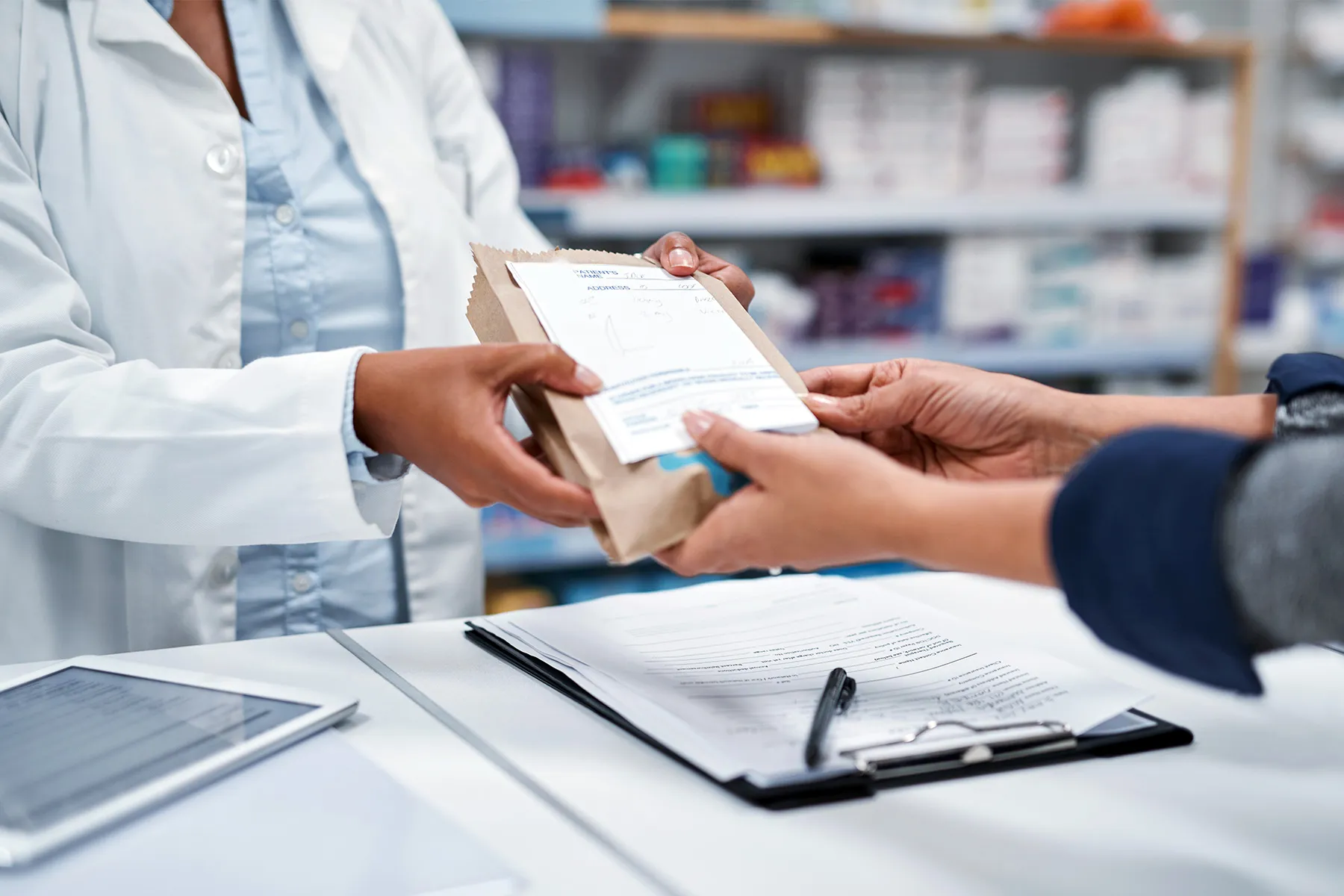[ad_1]
By Amy Norton
HealthDay Reporter
THURSDAY, April 6, 2023 (HealthDay Information) — A “morning after” dose of a standard antibiotic can significantly decrease the possibilities of sexually transmitted bacterial infections in high-risk individuals, a brand new medical trial has discovered.
Researchers found that taking the antibiotic doxycycline inside 72 hours of unprotected intercourse slashed the chance of gonorrhea, chlamydia and syphilis by two-thirds amongst homosexual and bisexual males and transgender girls who both had HIV or had been taking medicine to assist stop HIV.
The advantages on the one-year mark had been thought of so convincing that the trial was stopped early.
Consultants stated the findings, printed April 6 within the New England Journal of Medication, confirmed that the method to prevention is “extremely efficient.”
And that is wanted at a time when sexually transmitted infections (STIs) are rising at a “scary” charge, stated Dr. Colleen Kelley, an infectious illness specialist at Emory College in Atlanta, who was not concerned within the trial.
For the previous decade, america has seen a worrying comeback in bacterial STIs that had beforehand been on the decline. The development continued in 2020, a 12 months marked by pandemic restrictions: 2.4 million Individuals contracted chlamydia, gonorrhea or syphilis, based on the U.S. Facilities for Illness Management and Prevention.
And whereas that sample cuts throughout demographics, males who’ve intercourse with different males have been disproportionately affected.
The brand new trial centered on sure teams who’re at notably excessive threat of bacterial STIs: Homosexual and bisexual males, in addition to transgender girls, who both had HIV or had been taking HIV PrEP (prescription medicine that helps stop HIV) and had been recognized with a bacterial STI up to now 12 months.
The researchers randomly assigned 500 individuals to one in all two teams: About two-thirds got doxycycline and instructed to take a 200 milligram dose inside 72 hours of unprotected intercourse; the remaining stayed with their regular well being care. All had STI testing accomplished each three months.
Over one 12 months, individuals utilizing doxycycline had been two-thirds much less more likely to be recognized with a bacterial STI. In that group, the incidence of STIs each three months was round 11% — versus over 30% within the comparability group.
Preventive doxycycline was only in opposition to chlamydia and syphilis — slicing the dangers of these infections by near 90% in HIV-negative individuals, and by nicely over 70% in these with HIV. The efficacy in opposition to gonorrhea was much less, however these infections had been nonetheless reduce by 55%.
“It is thrilling to have one other instrument within the toolkit to stop these infections,” stated lead researcher Dr. Annie Luetkemeyer, a professor of medication on the College of California, San Francisco.
“We have tried counting on condom use,” she stated. “However enterprise as regular shouldn’t be working.”
That stated, Luetkemeyer burdened that any STI safety measure ought to be seen not as a magic bullet, however as “a part of a package deal” — which can embrace condom use, frequent STI screening and vaccination in opposition to hepatitis B, as an example.
Luetkemeyer underscored one other level: The trial concerned particular teams at excessive threat of bacterial STIs, and nobody is saying that everybody ought to take doxycycline after having unprotected intercourse.
One concern is that wider use of the antibiotic might improve bacterial resistance to doxycycline and different antibiotics in its class.
However there has by no means been any documented resistance of syphilis or chlamydia to doxycycline, stated Kelley, who can be vice chair of the HIV Medication Affiliation’s board.
Some gonorrhea strains, nevertheless, are immune to the antibiotic. And Kelley stated it is doable that with time, morning-after doxycycline will change into much less efficient in stopping gonorrhea.
On the optimistic aspect, each docs stated, doxycycline shouldn’t be used to deal with gonorrhea, so any elevated resistance to the antibiotic shouldn’t hinder remedy of the STI.
One other query is how will common antibiotic use have an effect on an individual’s personal microbiome (the gathering of micro organism that naturally dwell within the physique). That can require extra analysis, Luetkemeyer stated.
However once more, each docs stated, it is a matter of “steadiness.” For individuals at such excessive threat of bacterial STIs — who would typically be utilizing antibiotics to deal with them anyway — the advantages of preventive doxycycline might nicely outweigh the theoretical threat of altering the microbiome in a means that is dangerous, Kelley famous.
In the mean time, doxycycline shouldn’t be routinely prescribed for STI prevention in high-risk people, Kelley stated — although some metropolis well being departments (like San Francisco) and suppliers have embraced it.
The U.S. Facilities for Illness Management and Prevention, she famous, is predicted to quickly launch some steerage on the topic.
Luetkemeyer cautioned individuals in opposition to utilizing doxycycline on their very own by shopping for it on-line or utilizing a pal’s prescription.
“It is all the time advisable to speak to a health care provider and ensure that is best for you,” she stated.
And for now, a minimum of, Luetkemeyer stated she wouldn’t advocate that cisgender girls use doxycycline for STI prevention, even when they’re at excessive threat.
This trial didn’t examine cisgender (organic) girls, however a current trial in Kenya did and located that for younger girls utilizing HIV PrEP, morning-after doxycycline didn’t reduce the chance of bacterial STIs.
The explanations, Luetkemeyer stated, are unknown at this level.
Extra data
The U.S. Facilities for Illness Management and Prevention has extra on STD prevention.
SOURCES: Annie Luetkemeyer, MD, professor, drugs, College of California, San Francisco; Colleen Kelley, MD, MPH, affiliate professor, drugs, Emory College College of Medication, Atlanta, vice-chair, board of administrators, HIV Medication Affiliation, Arlington, Va.; New England Journal of Medication, April 6, 2023
[ad_2]

